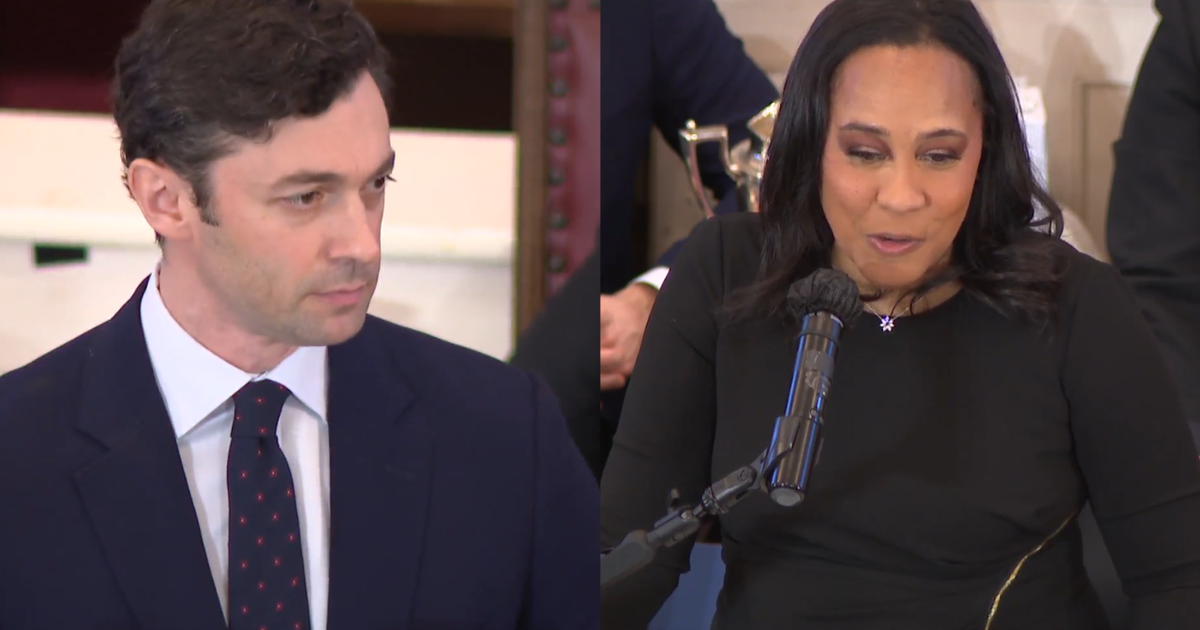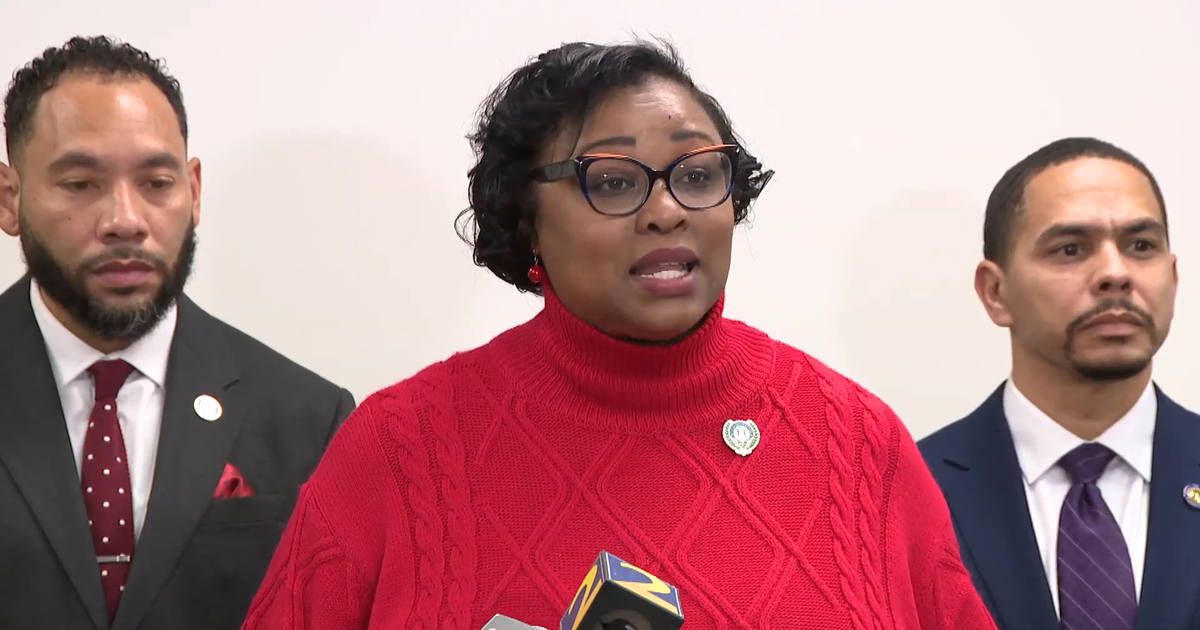Supreme Court rules for student-athletes in battle over NCAA limits on certain benefits
Washington — The Supreme Court on Monday said the National Collegiate Athletic Association (NCAA) cannot strictly limit certain benefits for student-athletes as a means of protecting their amateur status, delivering a blow to the behemoth organization as it confronts efforts to allow collegiate athletes to receive some financial compensation.
The high court ruled unanimously in favor of the student-athletes in finding the NCAA violated federal antitrust laws with its restrictions on academic-related benefits, with Justice Neil Gorsuch delivering the opinion. The decision is the most significant involving antitrust laws and the athletic association to come from the Supreme Court in decades.
"To the extent [the NCAA] means to propose a sort of judicially ordained immunity from the terms of the Sherman Act for its restraints of trade — that we should overlook its restrictions because they happen to fall at the intersection of higher education, sports, and money — we cannot agree," Gorsuch wrote.
The Supreme Court's decision involves only a subset of the NCAA's compensation rules — those restricting education-related benefits. But Justice Brett Kavanaugh warned in a concurring opinion that the "NCAA's business model of using unpaid student athletes to generate billions of dollars in revenue for the colleges raises serious questions under the antitrust laws."
"The NCAA couches its arguments for not paying student athletes in innocuous labels. But the labels cannot disguise the reality: The NCAA's business model would be flatly illegal in almost any other industry in America," he wrote.
The NCAA, Kavanaugh continued, "is not above the law."
The organization said in a statement that the Supreme Court's decision "reaffirms the NCAA's authority to adopt reasonable rules and repeatedly notes that the NCAA remains free to articulate what are and are not truly educational benefits, consistent with the NCAA's mission to support student-athletes."
Led by former University of West Virginia running back Shawne Alston, the dispute before the court centered around the NCAA's rules restricting certain academic-related benefits for student-athletes, such as post-graduate scholarships, internships, computers and science equipment. A separate battle is playing out in state legislatures and on Capitol Hill over whether athletes can be compensated for use of their name, image and likeness.
Alston and a group of former Division I men's and women's college athletes argued the NCAA's cap on education-related perks ran afoul of antitrust laws and rejected the organization's claims that allowing the benefits to flow to athletes would threaten its amateurism model.
A federal appeals court last year sided with the athletes in the legal battle, ruling the NCAA couldn't limit the benefits tied to education. The 9th U.S. Circuit Court of Appeals said academic benefits are different from professional salaries, and its decision paved the way for colleges to provide more of these perks to Division I players.
The NCAA, which rakes in roughly $1.1 billion annually, has for decades relied on a Supreme Court ruling from 1984 to justify its amateurism framework. While the court in that case found the organization violated the Sherman Act with its plan for television rights for college football games, it also said the NCAA "plays a critical role in the maintenance of a revered tradition of amateurism in college sports" and "needs ample latitude to play that role."
During oral arguments in late March, as the popular Division I men's basketball tournament known as March Madness was coming to a close, several of the justices poked holes in the NCAA's concerns about maintaining students' amateur status to preserve the integrity of college athletics, given that the organization benefits handsomely from athletes and their low-labor costs.
Antitrust laws, Kavanaugh said then, "should not be a cover for exploitation of the student athletes."
"The schools are conspiring with competitors, agreeing with competitors, I'll say that, to pay no salaries to the workers who are making the schools billions of dollars on the theory that consumers want the schools to pay their workers nothing," he said. "That just seems entirely circular and even somewhat disturbing."
In his concurrence Monday, Kavanaugh cited some of the most storied venues and events in college sports, such as football game days in Tuscaloosa, Alabama, or South Bend, Indiana, and the women's and men's College World Series in Oklahoma City and Omaha, Nebraska.
"But those traditions alone cannot justify the NCAA's decision to build a massive money-raising enterprise on the backs of student athletes who are not fairly compensated," he said. "Nowhere else in America can businesses get away with agreeing not to pay their workers a fair market rate on the theory that their product is defined by not paying their workers a fair market rate. And under ordinary principles of antitrust law, it is not evident why college sports should be any different."
The Justice Department backed the student-athletes in the legal fight. White House press secretary Jen Psaki said Monday the Supreme Court's "decision recognizes that as with all Americans, their hard work should not be exploited, and the president believes that everyone who works should be compensated fairly for his or her labor."



